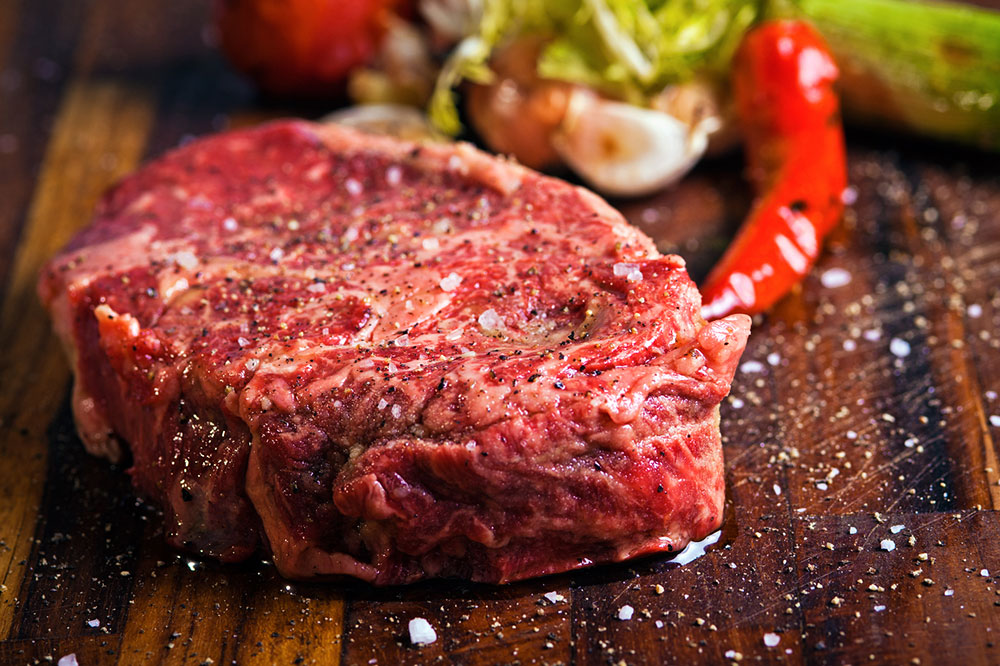
7 Foods That Can Trigger Arthritis
Arthritis is a disease characterized by the inflammation of joints. There are many types of arthritis, like age-related arthritis, autoimmune arthritis, arthritis linked to uric acid (gout), and osteoarthritis. And all of them induce joint pain, stiffness, and limited range of motion as some of the symptoms. Some people might experience redness and irritation of the joints, too. Arthritis has many risk factors, including family history and obesity. Women are more likely to suffer from it, and advanced age also increases the risk of developing this disease.
Here are some foods of the worst foods to eat when suffering from arthritis.
1. Nightshade vegetables
Those who have any arthritis, especially rheumatoid arthritis, will benefit from eliminating nightshades. These include bell peppers, tomatoes, potatoes, and eggplants. These vegetables contain solanine, a compound that can potentially stimulate arthritic pain. However, this is not always the case. Doctors often advise patients to avoid all of these vegetables for a week and then reintroduce them, one after the other. It will help to check which one causes a reaction.
2. Gluten
Individuals with celiac disease, the inability to process gluten, suffer from inflammation. It shows a direct link between inflammation and gluten consumption. Hence, doctors often advise those with arthritis to avoid gluten. Going gluten-free also slows down the progression of the disease.
3. Purine
Purine is linked to gout more than other types of arthritis. Purine is converted to uric acid in the body. Excess uric acid accumulates in the joints, causing pain and inflammation. As a result, foods rich in purine like red meat, liver, mussel, and bacon should be avoided by those who have arthritis and who are at risk of the disease.
4. Sugar
The consumption of excess white sugar is linked to inflammation. Several studies show that avoiding or reducing sugar can scale down the severity of the symptoms of arthritis. If diagnosed with arthritis, it also reduces the risk of succumbing to the disease. Those with risk factors like obesity, diabetes, and a family history of arthritis can benefit from cutting back on sugar in the diet.
5. Advanced Glycation End-products (AGEs)
Some proteins and fats become glycated in the presence of sugar. These biomarkers are linked to degenerative disorders like Alzheimer’s, chronic kidney disease, diabetes, and osteoarthritis. AGE accumulates in bones and joints and causes inflammation.
6. Salt
Salt does a lot more than just seasoning the food. Excess salt causes water retention, and this can lead to inflammation, which adds to arthritic symptoms. Many processed foods are rich in salt and sugar. Most fast foods also contain AGEs, so it’s a good idea to eat healthy home-cooked food when looking to avoid arthritis.
7. Alcohol
Apart from the high level of purine, most kinds of alcohol also cause inflammation. Chronic alcoholism also affects the liver and increases the risk of stomach bleeding. Red wine, however, is an exception because it has anti-inflammatory properties.
Arthritis, in all forms, makes everyday life uncomfortable. Swelling, inflammation, and pain become constant companions. But, by altering one’s diet, one can manage the symptoms of this debilitating disease. Cutting down on alcohol and sugar, avoiding fast foods, and cooking healthy meals without red meats and gluten are simple to practice. And those who are at risk of arthritis will benefit from avoiding them. A healthy lifestyle can mitigate even a genetic risk of arthritis.



